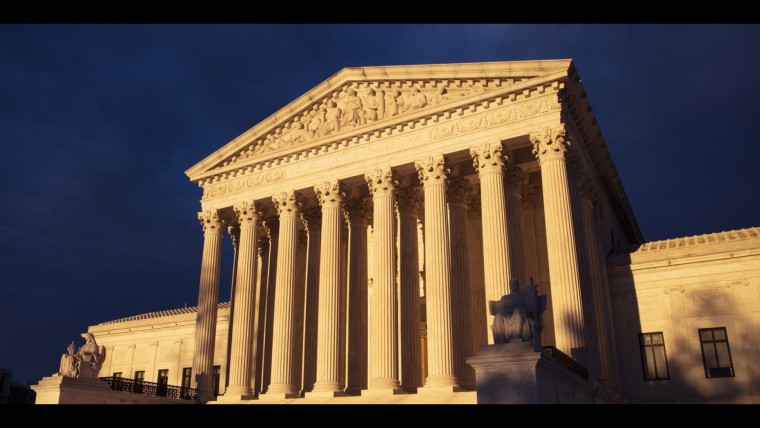The language of the Constitution’s 14th Amendment does not lend itself to wiggle room. “All persons born or naturalized in the United States, and subject to the jurisdiction thereof, are citizens of the United States and of the State wherein they reside,” it reads. In other words, if you’re born in the U.S., you’re a citizen of the U.S.
Donald Trump has nevertheless spent years condemning what’s known as “birthright citizenship” and has vowed to undo it, despite the plain language of the Constitution.
To that end, on Inauguration Day 2025, the Republican president kept one of his uglier campaign promises and issued an executive order that not only rejected the constitutional principle but also directed federal agencies to refuse to recognize U.S. citizenship for children who do not meet the administration’s new standards.
Trump’s order, however, continues to fare poorly in the courts. NBC News reported:
A federal judge in New Hampshire granted class-action status to a lawsuit seeking to protect babies who would be denied birthright citizenship by the Trump administration and granted a temporary block of the order restricting birthright citizenship from going into effect throughout the country. The suit was brought on behalf of a pregnant immigrant, immigrant parents and their infants and had sought class action status for all babies around the country who would be affected by Trump’s executive order and their parents.
NBC News’ report added that the judge in the case “ordered a preliminary injunction temporarily blocking Trump’s order from going into effect, but stayed his order for seven days, allowing the government time to appeal” — which it almost certainly will.
The ruling in the case was issued by U.S. District Court Judge Joseph Laplante, who was appointed to the federal bench by George W. Bush.
While readers might’ve seen headlines about a related Supreme Court ruling last month, as my MSNBC colleague Jordan Rubin explained, the justices’ highly controversial opinion focused largely on the judiciary’s authority, not on the underlying constitutional issue and the legality of Trump’s order itself.
Within hours of the Supreme Court’s ruling, which left open the possibility of using class action lawsuits to challenge the White House’s policy, the ACLU filed just such a case. On Thursday morning, it scored a key victory. Watch this space.
This post updates our related earlier coverage.
